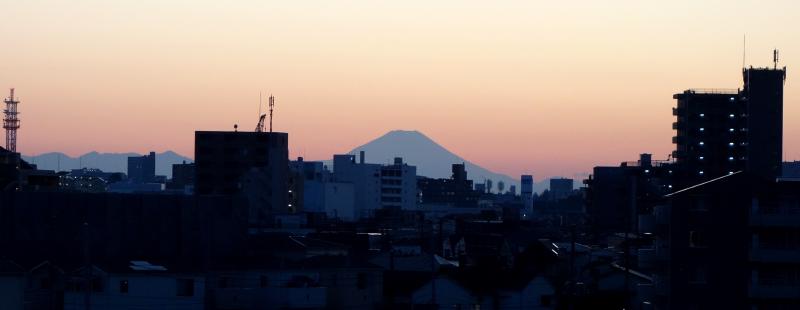Christmas in Europe and Japan
Before Corona, flights from Japan to Europe in the middle of December were full of couples with one partner from Europe, and the other partner from Japan. Often such couples spend Christmas in Europe: it’s the time to meet family, to enjoy a quiet Christmas. With many Christians in Europe, most countries also have national holidays then. On the 24th, Christmas eve, presents are given and received.
At the same time in Japan: nothing special. Restaurants and stores decorate in Christmas style - but it’s not traditionally important in Japan, there are no national holidays. Some Japanese families go to KFC on Christmas eve, not much else going on.
Time towards years end
After Christmas, the celebrations turn to Japan: here the years end/ years beginning is the important event, due to national holidays and some free days from their company, most people are not working for nearly a week.
December is a busy time in Japan: people start to prepare for the years end. Often people are doing extra cleaning of the house or appartment, to start the new year fresh, without dirt and leftovers from the other year. This is so widely done, that TV weather forecast is reporting on how well the weather fits house cleaning.
In Japan, there is a trend of many young people leaving the countryside to work in cities like Tokyo or Osaka, and live nearby. On sequential holidays and especially around years end, there is a strong tendency to return home to the countryside over these days. End of 2020, returning was strongly discuraged because of Corona, but in 2021 we had vaccinations and also new infection numbers down, so many Japanese returned to their family home.
While I send out many Christmas cards, new years cards are sent in Japan - with many rules: they must not arrive in the old year, and if in a family a person deceased in the past year, then sending that family a new years card shows your ignorance of their mourning. Being a German in Japan, I am taking the liberty of doing some things differently, and send out Christmas cards.
In Europe, you see Christmas decorations everywhere in December, and in Japan you see typical new years decoration in late December. I can confirm: seing these reminds you of the upcoming quiet new years days, makes you look forward to the upcoming silent days - even though I do not have any family members here in Japan.
Like many others, I had 6 free days this year, which I spent with cleaning the appartment, 2 times visiting Onsen/bath, hiking on new years day, video chat with family in Germany and friends, investigating some Linux topics.
Companies often do years-end or beginning-of-the-year parties, but there were not many this season - because of Corona. Even with infection numbers down, people wear masks, and companies do not want to take a risk. My department did an online drinking party, and we were offered to have the company send us food and drinks via delivery.
Dec 31st
On 31st, while in pre-Corona-Europe people were launching fireworks, streets in Japan are quiet. There are some places with celebrating people, and I also heard helicopters, probably out of fear of terror acts, but for most people the end of the year is just a quiet time.
Special meals, most famously: Osechi Ryori. These are a composition of many different meals. Many families create these by themself, or order and get them delivered. I stayed away from these, as I would have to eat all pieces by myself, also the ones I do not like. More details on Osechi Ryouri.
A further speciality: eating rice cake is said to bring luck. Every year people die from these rice cakes, this year 19 people needed medical treatment, 4 died, that’s just the numbers for Tokyo.
Many stores are closed on the first days of the year - as I do not cook by myself, I find then the few open restaurants to be very crowded.
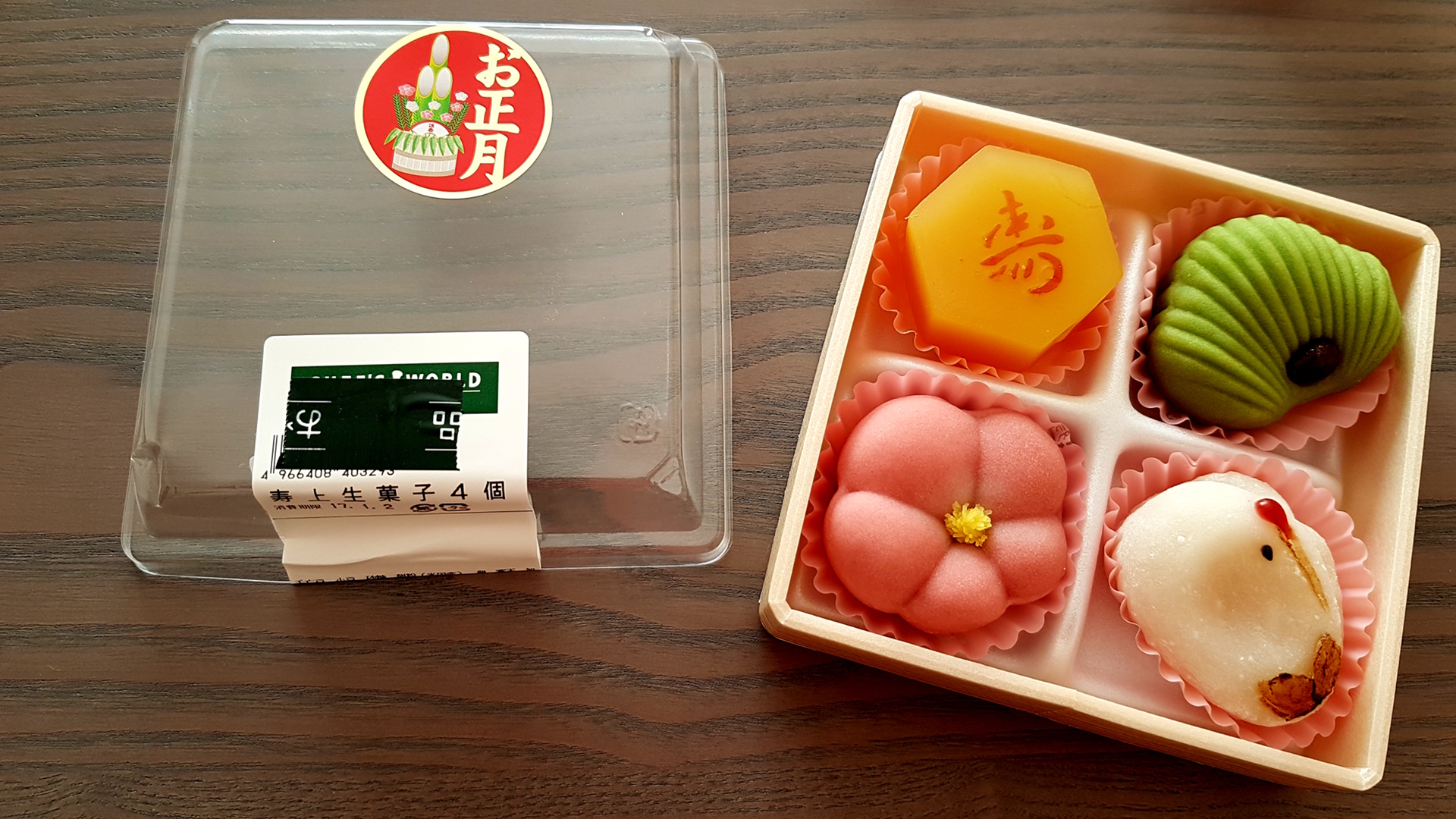
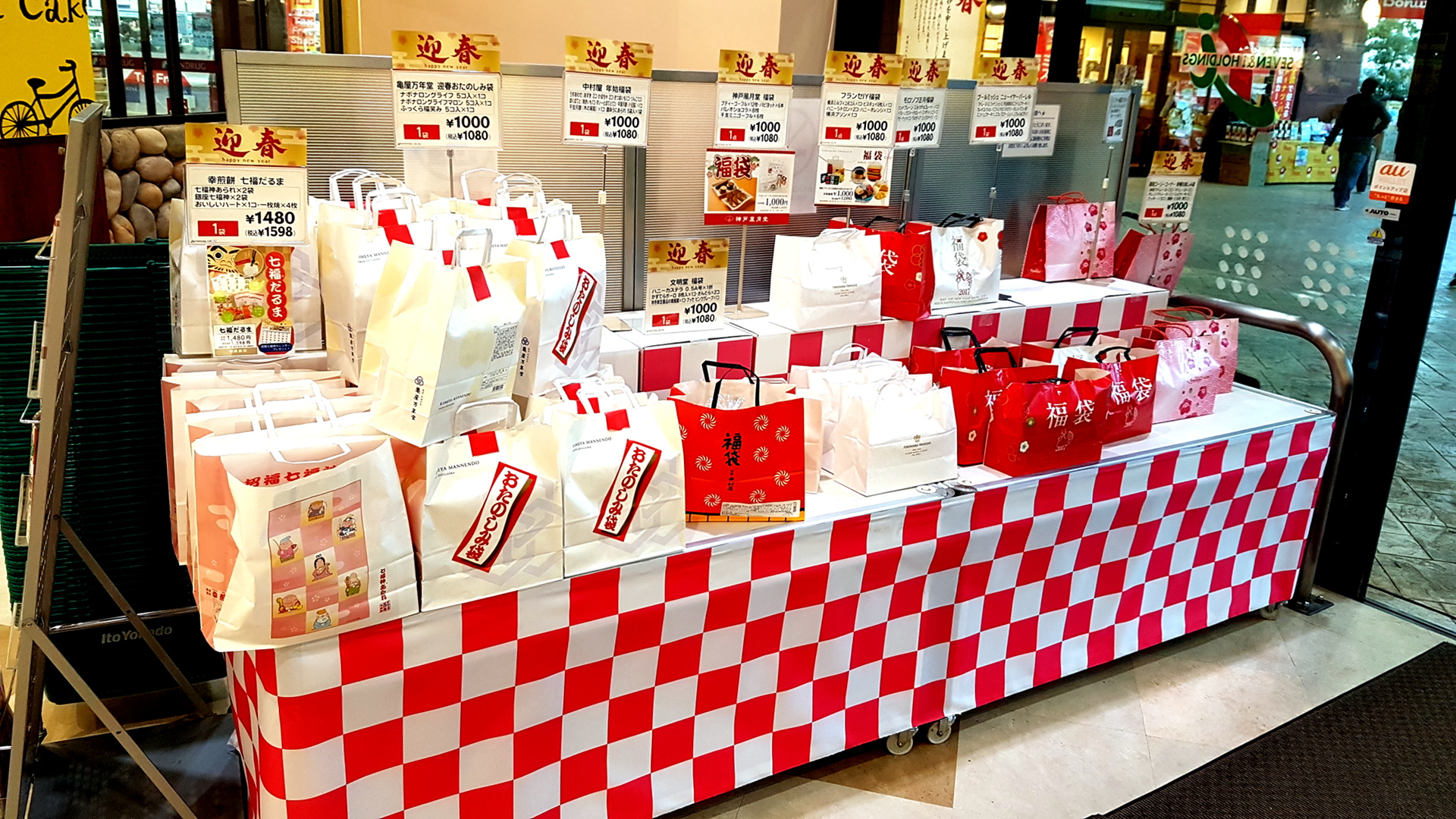
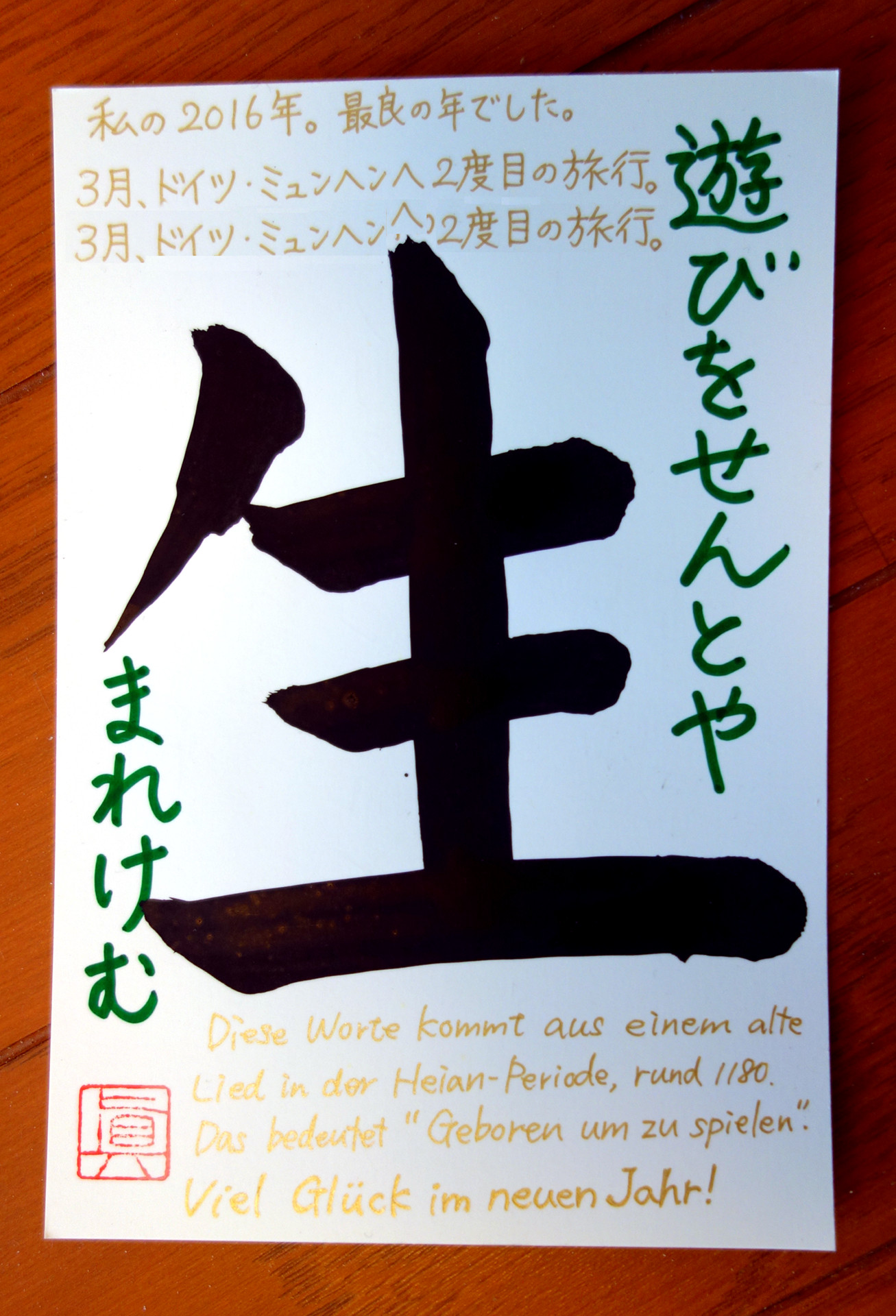
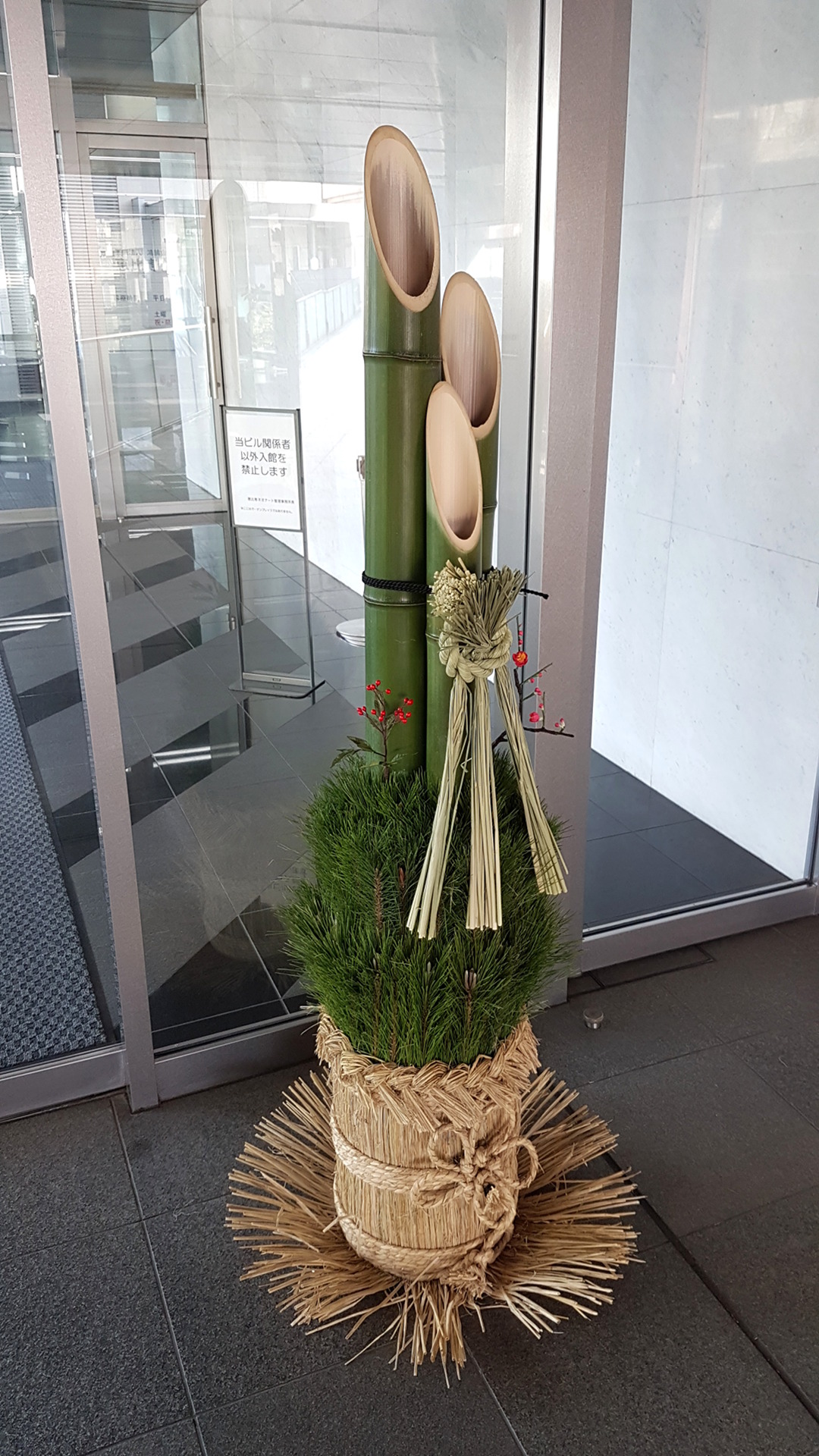
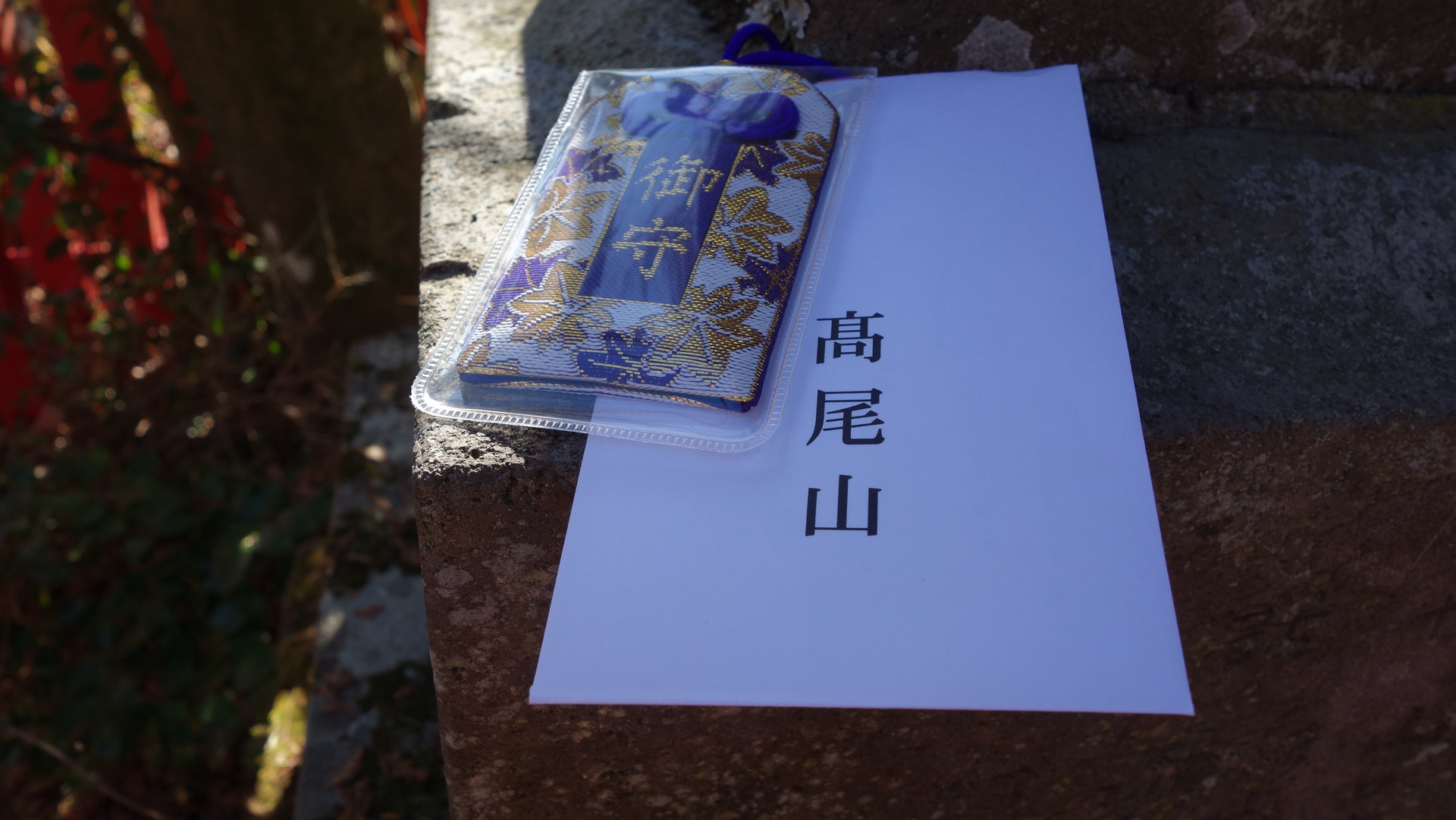
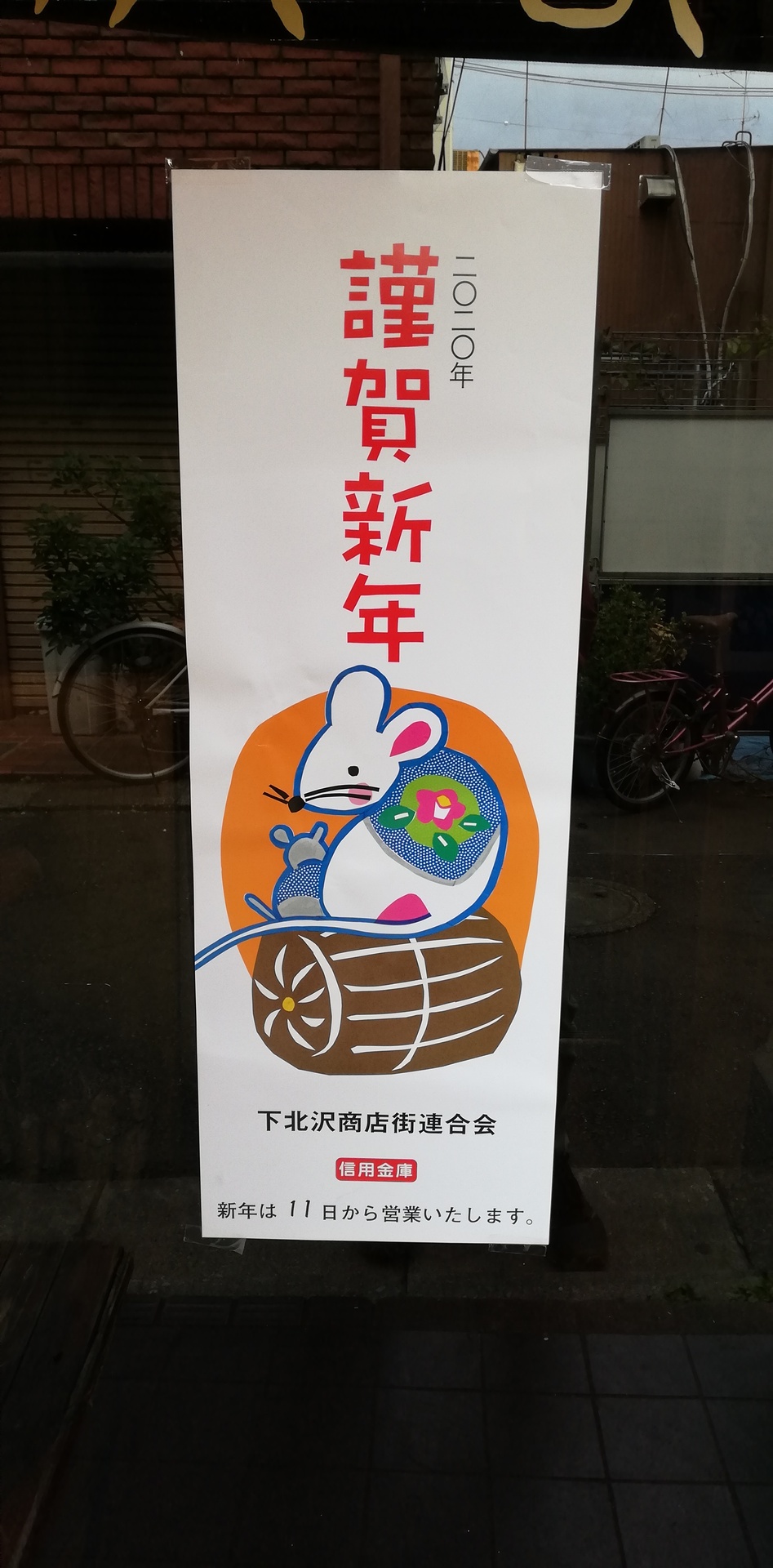
New years activities
What’s typical to do in the new year? Most importantly: the first shrine visit of the year, called Hatsumode. This year, I went hiking to Jinbasan/Takaosan on January 1st, and along the way did my Hatsomode. People are the queuing up in front of the shrine to pray. Many buy a new talisman, called omamori, and dispose the one which protected them the last year.
In the first few days of the new year, people often greet each other with a special greeting: あけまして、おめでとうございます。 ことしも、宜しくおねがいします。 Meaning: “the new year started, congratulations. Let’s also spend this year in good terms.” This can be efficiently be shortened to あけおめ、ことよろ. but the short version should only be used with good friends, as other people could assume that they are not worth your efforts to say the full greeting.
Lucky bags: many stores sell these in the first days of the new year. Typically, these contain a variets of the normal products of the store at a reduced price - but you do not know exactly what’s inside. Some of the bags allow you to peek inside to some degree. These are quite popular and often sold out quickly. If you have a big family, you can buy these and give away what you do not need - but as I would have to dispose that, I stay away from these bags and just buy what I really need.
Do I as a German, used to celebrate Christmas, get caught in the new years mood in Japan? Definitely! The new years decorations on houses are everywhere, so one is constantly reminded of the upcoming quiet days - very nice, much like German Christmas mood.
What’s to be missed? At least I miss ginger bread.. it’s not even available here in stores specialized on imported products. Stollen (a kind of Christmas cake) is available, imported from Germany.
More pictures are in the Years end/ beginning gallery.
